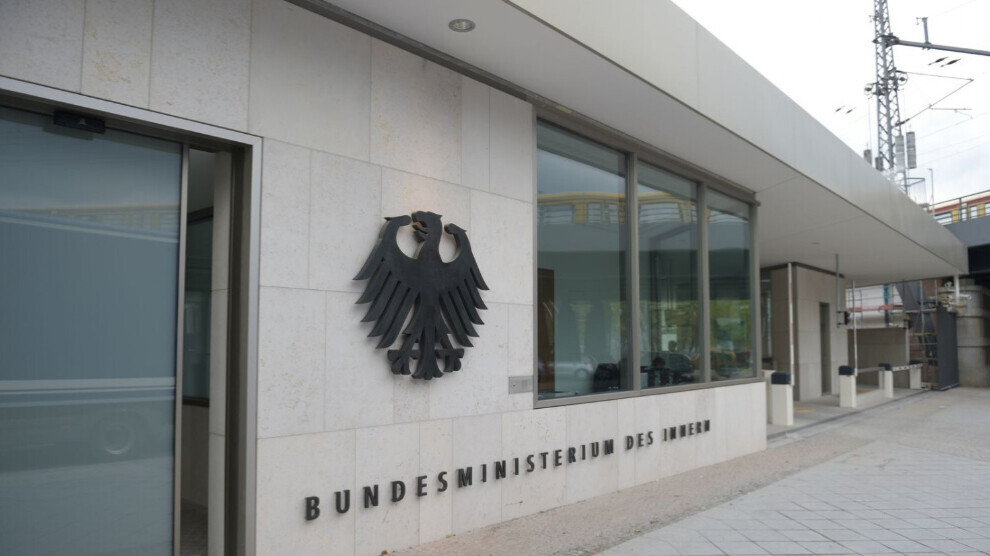Germany doesn't disclose information on Paris killer's collaborator
German Interior Ministry has not answered to most of the questions posed by Die Linke regarding Ruhi Semen, a friend of Ömer Güney, the hitman of the Paris massacre.
German Interior Ministry has not answered to most of the questions posed by Die Linke regarding Ruhi Semen, a friend of Ömer Güney, the hitman of the Paris massacre.

PKK founder Sakine Cansız, KNK Paris Representative Fidan Doğan and Kurdish Youth Movement member Leyla Şaylemez were murdered in Paris, on 9 January 2013. Their killed, Ömer Güney died suspiciously in prison in France on 17 December 2016, but the role of his friend in Germany, Ruhi Semen, has not yet been fully clarified and no investigation has been launched against him.
Ministry of Internal Affairs doesn't answer
Die Linke MP, Gökay Akbulut, recently submitted a question to the Bundestag regarding Semen, one of Ömer Güney's close friends in Germany and the only person to visit him in prison. Akbulut asked whether German security units had information about Semen's role in the massacre, and in the attempt to make Ömer Güney escape from prison.
In addition, the Ministry of Internal Affairs on behalf of the Merkel government was questioned about 9 different issues such as whether Ruhi Semen's statement was taken in Germany at the request of France and whether there is an ongoing investigation. Answering to ANF on 23 February 2021, the ministry avoided most questions by saying that "personal information cannot be disclosed".
Semen met Güney in prison
The Ministry of Internal Affairs said that the Federal Prosecutor's Office did not open an investigation against Güney's collaborator, adding: "The Federal Government does not have information on whether [R.S. Ruhi Semen] was involved in the murders carried out in 2013". However, before the 9 January massacre, it was revealed that Güney met with Semen in Ankara and then Semen tried to get Güney out of prison.
The Ministry of Internal Affairs gave a clear answer only to the question of whether the French authorities informed Germany after Semen's visit to Güney and the escape plan was exposed. Stating that France informed Germany about Semen on 8 January 2014, the ministry said: "The information that could affect our so far good cooperation with France is not disclosed.”
The Ministry added: "Information that would endanger the life safety of people is not disclosed". 8 January 2014, the date mentioned by the Ministry of Interior, corresponds to the meeting between Semen and Ömer Güney in prison. It was determined that Semen was a messenger for Turkish secret services, MIT.
Güney conveyed the plan to escape from prison to Semen with a note he wanted to send to MIT, which was deciphered by the French security units. German state police and judicial units did not question Ruhi Semen who then went to Turkey. Returning to Germany years later, Semen continues to work with the DITIB, a kinf of MIT branch.
Die Linke MP Akbulut: France and Germany should respond
Die Linke MP Gökay Akbulut questioned the Ministry of Interior and called on Germany and France to "tell what you know about the 9 January massacre". Akbulut pointed out that this incident had a serious impact on the Kurds living in Germany and Europe, and that the task of explaining to the Kurdish public the issue falls on both countries.
Akbulut reminded the confession of Ismail Hakkı Pekin, former Chief of Intelligence of the Turkish General Staff, and said: "Pekin openly said that new 'assassinations should be carried out in Europe.' After this statement, European countries, especially France and Germany, should take precautions to prevent similar massacres and assassinations from happening again. Most importantly, MIT's activities in Europe, which has increased recently, must be prevented.”